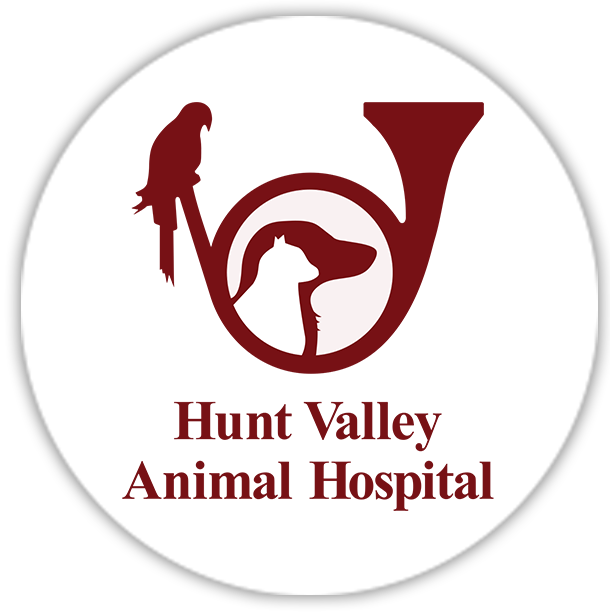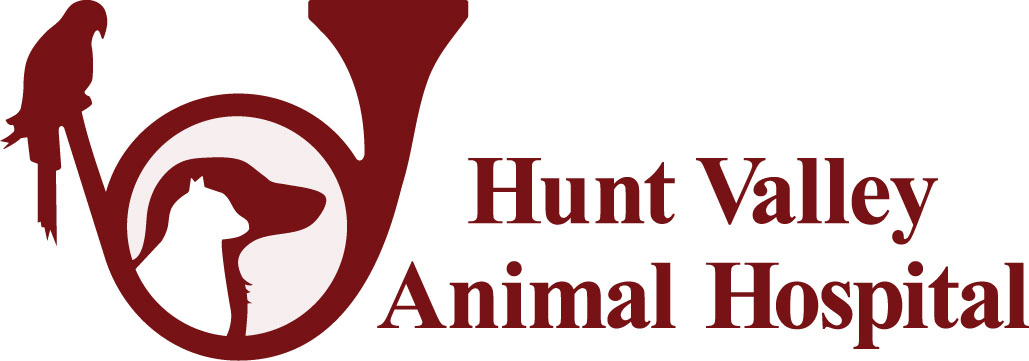DENTAL CARE & ORAL SURGERY
Dental care is vital to the overall health of any animal. Dental disease leads to health issues with the heart, liver, kidneys, and can affect the entire body through the bloodstream. In fact, 80 percent of dogs and 70 percent of cats over three years of age suffer from some form of dental disease, making it the most common pet health issue among our pet population in Cockeysville, MD.
In spite of these disturbing facts, many pet owners are not aware of the importance of dental care to their pet’s health. There are a lot of different ways to improve your pet’s dental hygiene, including home brushing, dental chews, and regular inspection.
The most effective way to protect your pet from dental disease is through professional cleanings. We perform thorough cleanings, which includes the area beneath the gums that you can’t see or access at home.
If your pet has brown/yellow teeth, bad breath, or is having difficulty eating, these could all be signs of dental disease. Please call us today to learn more and schedule your pet’s dental cleaning.
Make sure you have your pet’s teeth checked regularly. Problems like the cavity shown below and many others are hard to see.
What do dental X-Rays Show Us?
Radiographs provide us with a full assessment of your pet’s teeth. 50% of a dog’s and cat’s tooth is below the gum line and not visible to the naked eye.
Radiographs assist with diagnosing:
- Periodontal Disease: Shows bone loss at the root
- Broken or Fractured Teeth
- Discolored Teeth: Shows pulp chamber and any sign of root tip infection
- Suborbital Swellings: Shows root tip infection or cystic teeth
- Lesions: Shows if there are roots to be extracted or if periodontal disease is present
- Oral tumors: Shows if there is bone involvement
- Pre & Post Tooth Extraction: Ensures all roots are removed
- Missing Teeth: Allows us to see if there are any fragments below the gum line
80% of all dogs and 70% of all cats over the age of 3 have some clinical degree of periodontal disease.
Periodontal Disease:
- Stage 1: Gingivitis – The gum line is inflamed and swollen. Plaque covers teeth. Home dental care is needed. If there is no improvement, dental cleaning will be needed to remove current plaque buildup. Reversible with treatment
- Stage 2: Early Periodontitis -Increased inflammation with subgingival plaque and calculus. Reversible with treatment.
- Stage 3: Established Periodontitis – Gums are red and bleed easily, permanent damage by the calculus and infection. Mouth appears sore and bad breath is evident. Teeth must be cleaned and a full assessment of the periodontal disease is needed. A preventative diet and home care are needed post dental to prevent recurrence.
- Stage 4: Advanced Periodontitis – Chronic infection is destroying the gums, teeth, & supporting bone. Bacteria is spreading via the bloodstream and may damage vital organ systems. Dental cleaning and assessment of periodontal disease is needed immediately. Some teeth may need extraction. Home dental care will be needed.
Why Early Prevention is So Important:
- Dental issues are usually painful.
- Periodontal disease can cause damage in other organs such as heart, liver, & kidneys.
- May cause loss of teeth if untreated.
- May shorten your pet’s life if untreated.
- Costs can add up if untreated and extreme measures are needed to repair.
Dentistry results will speak for themselves!
Remember
Pet’s don’t often show symptoms of dental disease until it is very advanced. Don’t let your pet suffer from these painful conditions. Call us and schedule a dental evaluation today!


